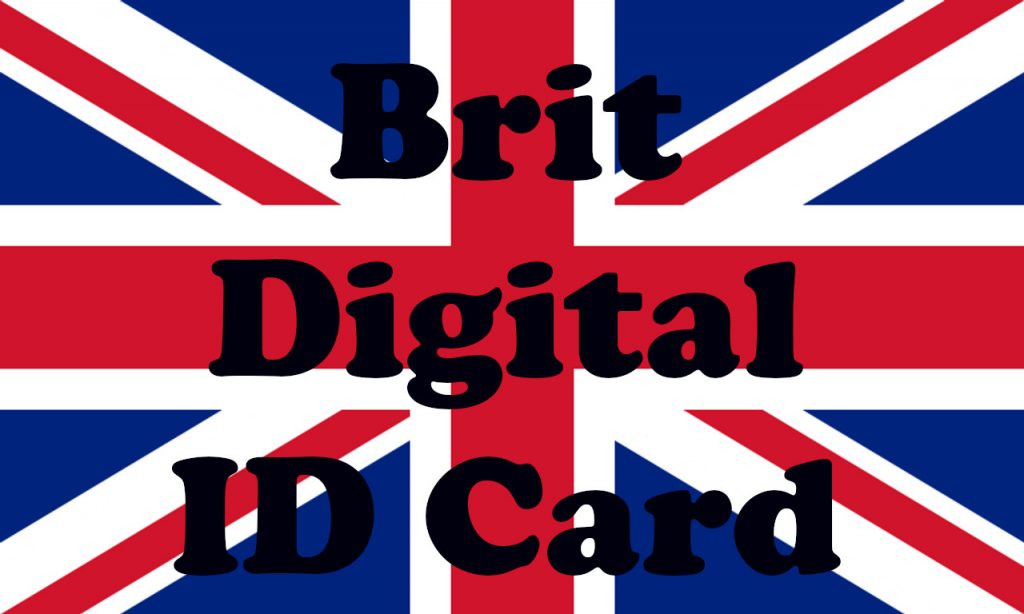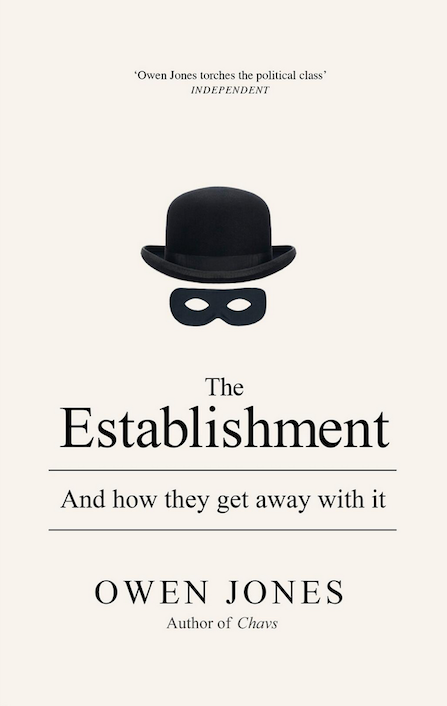
According to the mainstream media, the Brit Digital ID Card is coming. See today’s articles in: The Guardian & The BBC. The talk is that they are going to be compulsory for anyone who wants to work, meaning the majority of the working age population.
The UK Government (or those really in power) have wanted an ID card system since the days when Tony Blair was Prime Minister. The only difference between now and then is the addition on the the word ‘Digital’ which represents how much more connected and capable technology now is. Connected via the Internet.
Capable in terms of being able to automatically monitor the activity of a population and flag anything suspicious or that doesn’t attune to the desires of those who have power in the UK.
The UK population didn’t want a ID Card when it was first suggested decades ago and we certainly don’t want a Digital ID Card now.
I recently blogged about The Data (Use and Access) Act 2025, detailing my concerns and ways it could go horribly wrong. But it passed through into law without seemingly any objection. Looking back now, I think The Data (Use and Access Act) 2025 was a fundamental change to the law to allow for the introduction of Brit Digital ID Cards and for the data that they hold to be expanded on and used more over time.
In the UK it seems we are well on our way to creating a Dystopian society. And I don’t like it. Not at all.
A dystopian society is one that is deeply unjust, where the general population are controlled and manipulated by those in power (usually through abuse of power). Hallmarks of a dystopian society include: constant surveillance and monitoring of the general population, a complete loss of freedom of opinions and choices for individuals and dehumanising/alienation of those that speak up against corruption and abuse of power.
Now this sounds like a story of fiction doesn’t it? But just imagine the UK adopted just half of these dystopian society characteristics in the future. Imagine being monitored by AI, 24/7. Not just were you go and what you do but everything: What you buy, who you spend time with the content of intimate and private conversations.
Just imagine not being able to stand up and call out injustice and unfair treatment out of fear of loosing everything: your home, access to your money (including food, fuel, heat, etc.), your job, communication/contact with loved ones and even things like health and education services.
There really are no limits as to what could happen if a UK Digital Brit Card is introduced.
If we look at the past, we know that those who get power (whether that be financial, political, militaristic, legal, etc.) tend to abuse it. This will be no different. It will be too tempting to use the Brit Digital ID Card to enforce compliance and control the narrative.
It’s fundamentally about trust. Do the UK population trust those in power to be fair and just in using this system? How could we possibly trust those in power, when everyday there are more reports of abusive of the power that they already have. Think about tax avoidance. Think about big companies that have raided their employees pension pots. Think about the number of corruption cases we see everyday.
Both the UK’s past and current circumstances (such as The Cost of Living Crisis) have been driven by the greed of those in power. Always wanting more: More money. More power. More influence. It’s like a never-ending hunger. Like an unquenchable thirst.
We’ve all played the board game Monopoly and know how it ends: The rich becoming super rich and owning everything, whilst the middle-class and poor own nothing. Greater financial inequality. More poverty. More misery middle-class, working-class and poor. Part of this isn’t just a UK problem, but a global one.
But our UK Politician’s can make Britain a better place. They could tackle tax avoidance by the super rich, break up monopolies, make the public sector strong, make society feel fairer and more just.
But they don’t. Instead they continue to offer manifestos that they throw out the window the minute they get into power. They are dishonest with the public and often outright lie. They don’t listen to the people they are supposed to represent. They don’t listen to the experts who try and advise them on ill-informed policy decisions. They don’t seem to have any bit of integrity or good values.
Of course not all Politicians are bad. Some have good intentions, but these intentions are drowned by a bureaucratic system that is run by the super rich for the super rich.
But I’m not without hope. I’ve recently joined Your Party, a UK political party set up by Jeremy Corbyn and others who want to change society for the better. Whilst their members are still in discussions around policies and the direction of the party, I hope will all of my heart that this will be a place where I can claim I am politically home.
Take Care,
Antony




